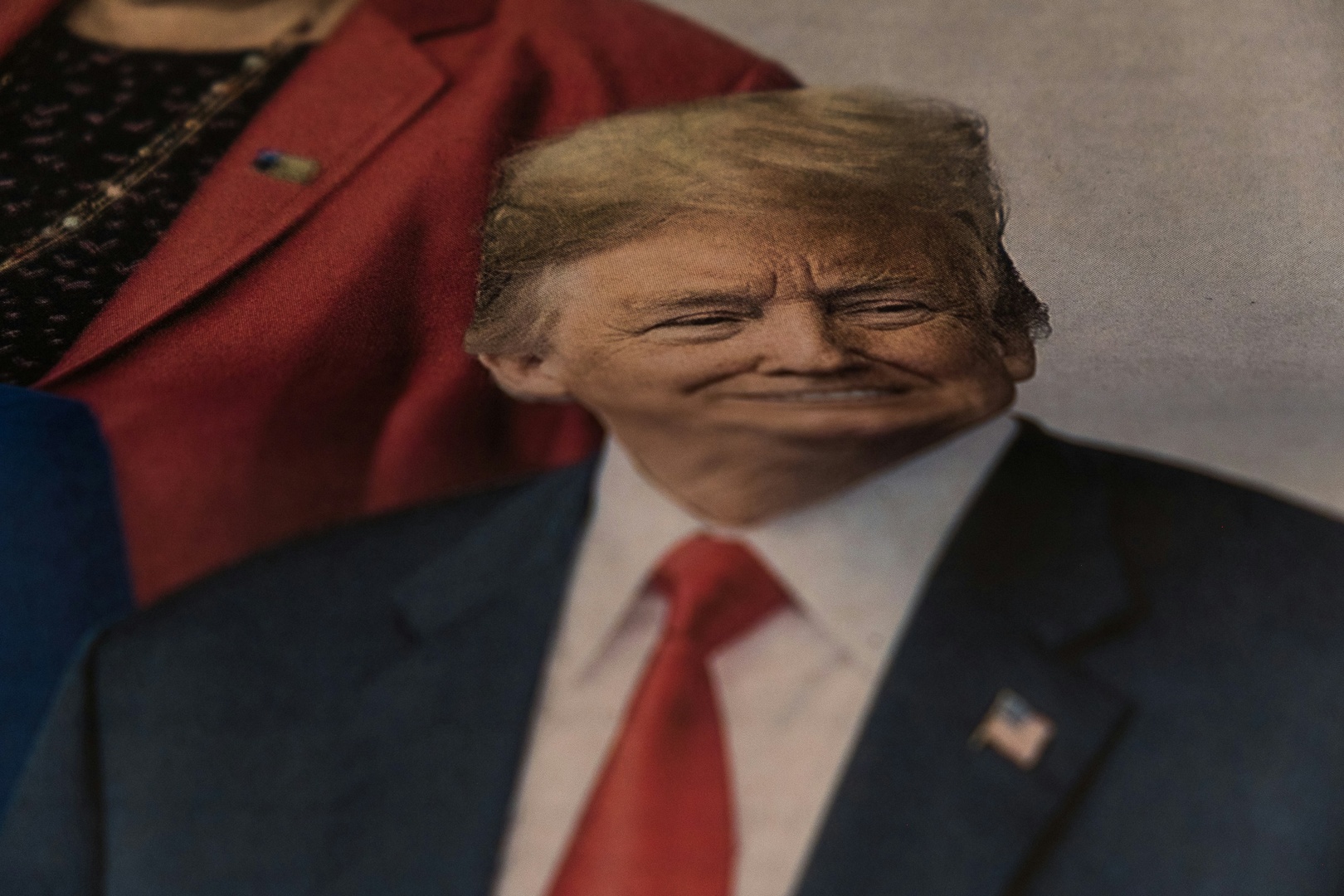Shifting Sands in AI Chip Policy
The recent announcement regarding the Trump administration’s plans to reverse the existing AI chip export controls represents a seismic shift in the global technology landscape. The administration is set to dismantle the Biden administration’s complex three-tier regulatory framework, which was designed to control access to advanced computing technologies. This new policy, effective May 15, 2025, could fundamentally alter how artificial intelligence (AI) technologies flow across borders, reshaping international trade and innovation strategies.
Understanding the Three-Tier System
The Biden administration’s export control framework established a hierarchical structure for global technology access. Under this system, 17 countries, including key U.S. allies, were granted unlimited access to advanced AI chips. A second tier encompassed around 120 countries, which faced strict import caps, while the final tier included nations such as China and Iran, entirely barred from accessing these technologies. This stratified approach aimed to prevent sensitive technologies from reaching adversarial nations while maintaining robust partnerships with allies. However, critics argued that the complexity of the system would deter international partners and drive them towards alternative suppliers, potentially undermining U.S. technological leadership.
A New Approach on the Horizon
In lieu of the tiered system, the Trump administration is reportedly considering a global licensing regime supported by inter-governmental agreements. This approach could provide enhanced flexibility while still ensuring that sensitive technologies remain under control. The strategic timing of this policy announcement coincides with President Trump’s upcoming visit to the Middle East, where nations like Saudi Arabia and the UAE have expressed dissatisfaction with existing restrictions on AI chip acquisitions. The Commerce Department is expected to formally announce these changes imminently, possibly as soon as Thursday.
Market Reaction and Industry Implications
Financial markets have responded swiftly to the news of this policy shift. Shares of Nvidia, a leading AI chip manufacturer, rose by approximately 3% following the announcement, although they experienced a slight dip in after-hours trading. Nvidia has historically opposed stringent export controls, with CEO Jensen Huang advocating for unrestricted sales to China, which he envisions becoming a $50 billion market for AI chips in the coming years. It is crucial to note, however, that the Trump administration’s policy change does not equate to a total abandonment of export controls. The administration has already shown a willingness to impose restrictions on specific technologies, as evidenced by the ban on Nvidia’s H20 chip sales to China, resulting in substantial financial repercussions for the company.
Global Winners and Losers
The shifting policy landscape is poised to create a complex map of winners and losers within the global technology ecosystem. Countries like India and Malaysia, previously facing chip restrictions, may see temporary relief under the new guidelines. For instance, Malaysia’s Oracle Corporation is planning a significant data center expansion that would have been restricted under Biden’s framework. Additionally, Middle Eastern nations such as the UAE and Saudi Arabia, which have faced export controls since 2023, could now negotiate more favorable terms for acquiring AI chips. Trump’s stated interest in easing restrictions for the UAE, particularly in light of its commitment to invest $1.4 trillion in U.S. technology over the next decade, underscores the high stakes involved in these negotiations.
Uncertainty Lies Ahead
As the Trump administration develops its new control scheme, which may manifest as either new regulations or an executive order, uncertainty looms large for companies like Nvidia regarding the regulatory environment. While the new framework is being formulated, existing chip export controls will remain in force. One potential aspect of this new approach may involve imposing specific controls on countries that have diverted chips to China. This includes nations like Malaysia and Thailand, further complicating the landscape for global chip distribution. Industry stakeholders remain divided, with chip manufacturers lobbying against stringent export controls, while certain AI companies advocate for maintaining protections to safeguard U.S. technological advantages.
Balancing Competing Priorities
The Biden administration’s export controls were carefully crafted to limit access to chips necessary for cutting-edge AI development, particularly aimed at preventing Chinese firms from circumventing U.S. restrictions. Crafting a balanced approach that satisfies national security concerns while promoting U.S. commercial interests presents formidable challenges. Establishing agreements with various countries eager to purchase advanced AI chips necessitates navigating intricate diplomatic relationships and potentially creating numerous policy frameworks. The Commerce Department has yet to specify a timeline for the new rule’s implementation, but discussions on the optimal path forward are ongoing.
The Future of AI Technology and Geopolitics
The shift in AI chip policy is reflective of a broader emphasis on enhancing American competitiveness and innovation, even as national security considerations remain at the forefront. As officials work to redefine the framework, the global AI chip market is poised for significant transformations, with profound implications for technological advancement, international relations, and corporate strategies. The decisions made in the coming months will likely resonate across the technology landscape for years to come, shaping the future of artificial intelligence and its role in global commerce.

